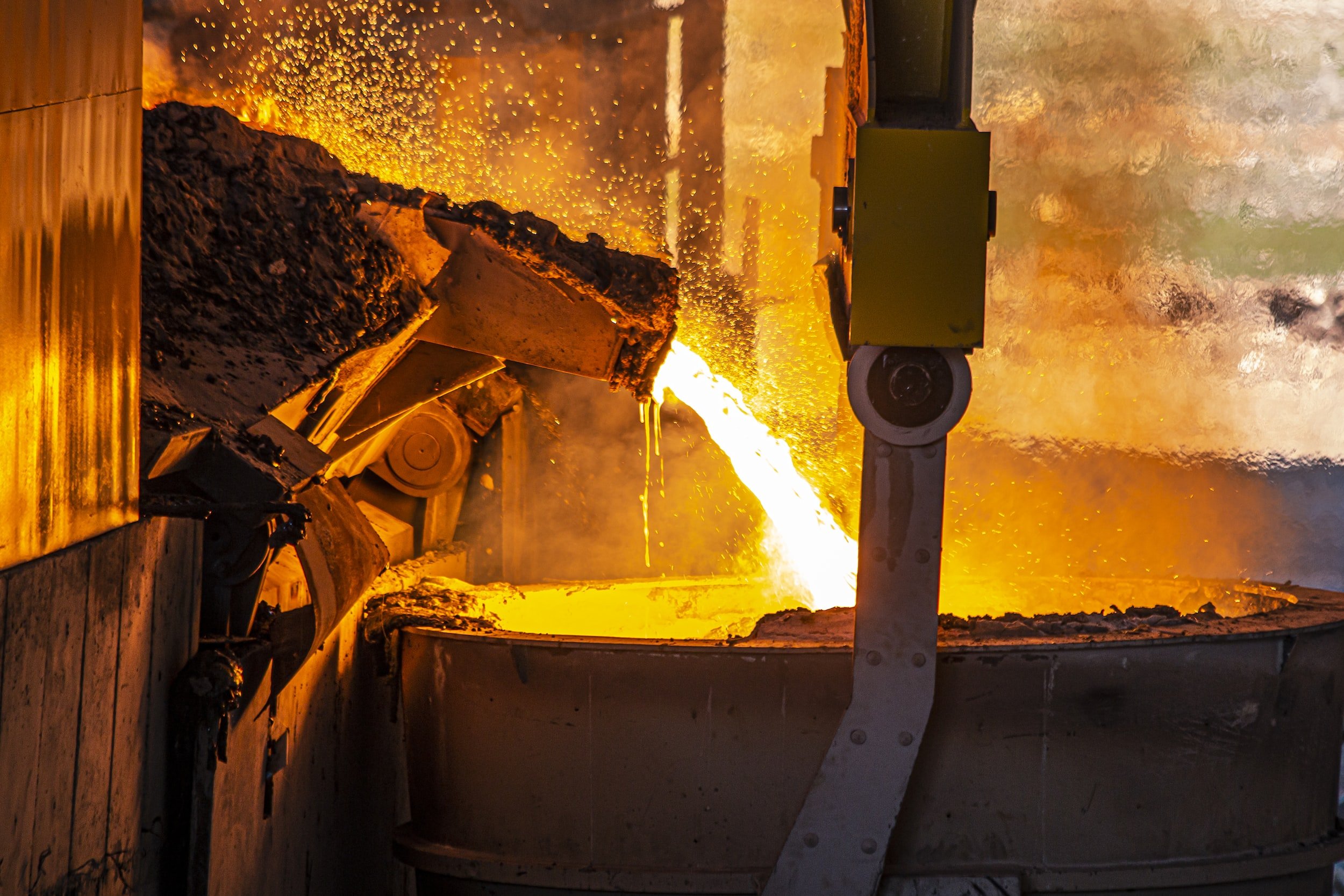Or, perhaps, just extraordinarily bad logic being used to justify yet another hand out to the steel industry.
In general this is not a bad outline of what is going on. Blast furnaces are large, highly polluting - in the CO2 sense - methods of making virgin steel. Arc furnaces are a lower capital cost method of reutilising steel scrap. We like recycling but it’s not possible to recycle forever, impurities - called “tramp elements” - do accumulate.
So, we’ll always need some amount of virgin steel to be added into the system. If blast furnaces are out, what are we to do? There are answers, DRI and so on are alternatives to blast furnaces. As those old furnaces go to die - they do, takes decades, but they do - then replace them with the new technology.
All of that is fine, justified and sensible. Then comes the switch:
If the UK is to retain a steel industry while at the same time treading the path to industrial net zero, the blast furnaces as they are have to be retired.
Tata’s and Jingye’s demands for support from the government is linked to high energy prices and the carbon emissions penalty regimes that make UK steel production uncompetitive and prevent investment in new technologies.
Ah, no. DRI doesn’t have those emissions - doesn’t use coke for example - and so installing DRI means not paying the emissions penalty. This is rather the point of the emissions penalty, so that people will move over to the non-emittive technology. Whether we talk Stern - tax emissions now - or Nordhaus - make sure everyone knows we’ll tax future emissions - doesn’t matter. The entire point of the carbon tax, which is what this is, is that when the furnaces get replaced they’ll be with the new tech precisely and exactly so that it won’t pay the emissions penalty.
But what is the claim being made by the steel industry here? That they require subsidy to build anew with the cheaper tech. Which is absurd. We’re deliberately fining them for the use of the old tech, in order to make it more expensive relative to the new. To provide that impetus for the adoption of the new. Yet now they’re demanding a subsidy to reduce their own costs?
Closing the blast furnaces, fine, we want this to happen. That’s the very point of the emissions penalty. Subsidy to do so? No, not when we’re actively fining people into doing so.
The strategic roadmap is just fine. The demand for subsidy along the way - nope, they can go boil their heads.

